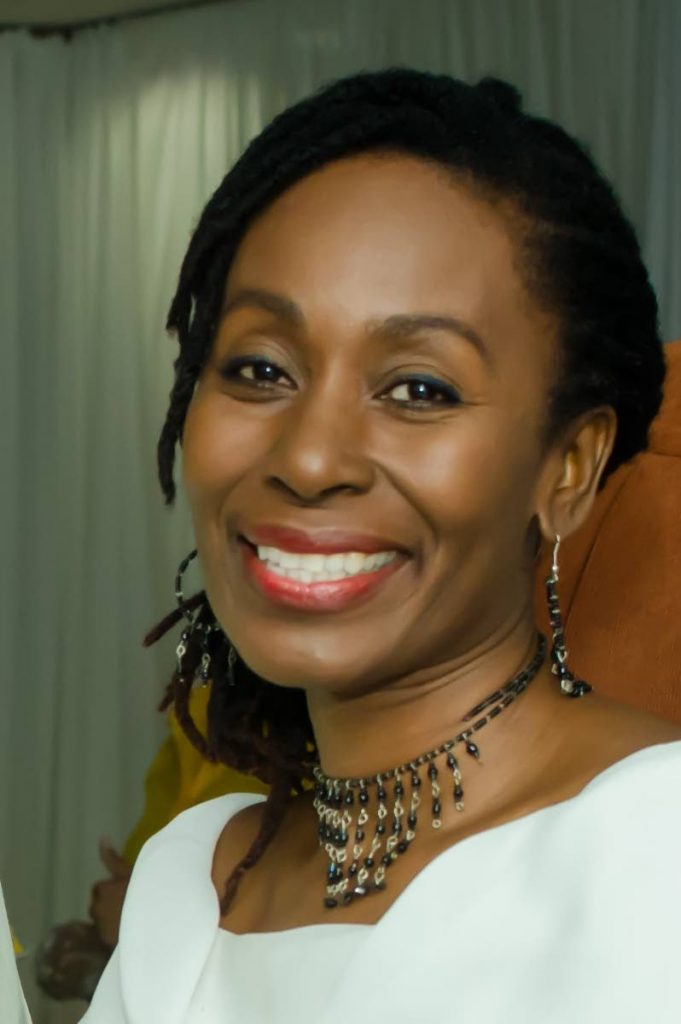TikTok tales of Trinidad and Tobago

Culture Matters
DARA E HEALY
"I want to tell our stories from an indigenous perspective, and I want to show the beauty of our culture," Jones said. "But I don't want to share too much where I'm giving away parts of my culture that shouldn't be put on TikTok or social media…I try not to share anything (traditions) that's too spiritual or too sacred."
– James Jones, member of the Cree Nation
THE LEGACY of this pandemic will be the stories that were told.
Stories of the single mother baking happiness in a kitchen almost empty of food to ensure that she and her son survive. And of the neighbours who drove miles simply to purchase her bread. Stories of the young woman who cut herself to stop the hurt of her hopelessness. And of the poetry that now channels her pain as the community rallies to give her the support she needs.
History will record other stories of survival as well. These are relatively new, born out of the necessity of a globalised world that still struggles to truly connect. In one of these stories, a man uses humour and the power of social media to help him overcome his depression caused by the pandemic.
Elsewhere, indigenous communities use the unlikely avenue of the music and video-sharing platform TikTok to share details about their cultural heritage – they demonstrate how to braid their hair, special dances, or share their confusion over having an indigenous identity. As one writer put it, communities “...like hijabi TikTok, Deaf TikTok and transboy TikTok” show that it is possible for marginalised people to find their voice.
So how may we effectively use the digital tools available to us to tell the stories of TT? Which stories should we preserve and who should tell them? As we discuss regeneration of communities in the face of persistent poverty, crime and rampant family violence, can storytelling serve as a counter to social ills or is that just another nancy story?
First, why is storytelling or the sharing of oral history important? Ancient stories hold the key to wisdom. For instance, the UN-protected Ifa/Orisa belief system from Nigeria is largely founded on stories. The moral lessons are interpreted by the Babalawo or priest, who must memorise hundreds of narratives over the duration of his lifetime of training.
Further, stories contain the soul of a people. Early societies developed the custom of documenting their practices, experiences and beliefs through stories. The physical depiction of events through drawings on stones or caves was another way to document heroic battles or the simple ebb and flow of life. Through stories, “individuals use their particular cultural narrative to interpret experiences and construct a personal narrative or life story.”
A large part of the attraction of social media for storytelling is accessibility. A phone and internet connection allows people to broadcast their ideas and their art to the world. It is immediate, non-bureaucratic and allows the narrator to challenge stereotypes. Online storytelling also offers a sense of safety by communicating in a space where others “get” who you are.
Those of us who exist in the non-digital realms of masquerade, pan, dholak, tabla, mud and cuatro understand that we have a responsibility to ensure that the wisdom of our stories is not lost. But this is not as simple as it sounds.
One may try to blame the pandemic or globalisation, but if we are honest we have not followed through with the dreams on which TTT, Mastana Bahar or Turn of the Tide were built. Our restrictive education style does little to capture the imagination of all the brilliant young artists with whom we have the privilege to interact. Their inspiration comes from the folk groups, parang bands and dance schools that they attend after formal education. Their social interaction is often separate from school, community or even family.
The lesson is that we need to harness the vehicles of the digital age to tell the stories of our nation. TikTok, WhatsApp, Facebook, Instagram, Twitter...there are dozens of vehicles to inspire a deeper sense of identity and cohesion. As we rebuild, this must be our legacy.
In the future, what stories will be told about our cultural survival? Will our stories be amplified by the digital age or will the voices of ancient storytellers be drowned out? I am not quite finished with these thoughts, but I am sure of one thing. In matters of storytelling, the old people always win.
Dara E Healy is a performance artist and founder of the Indigenous Creative Arts Network – ICAN

Comments
"TikTok tales of Trinidad and Tobago"